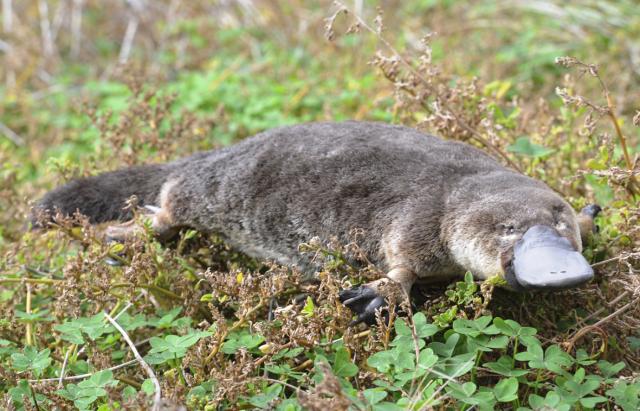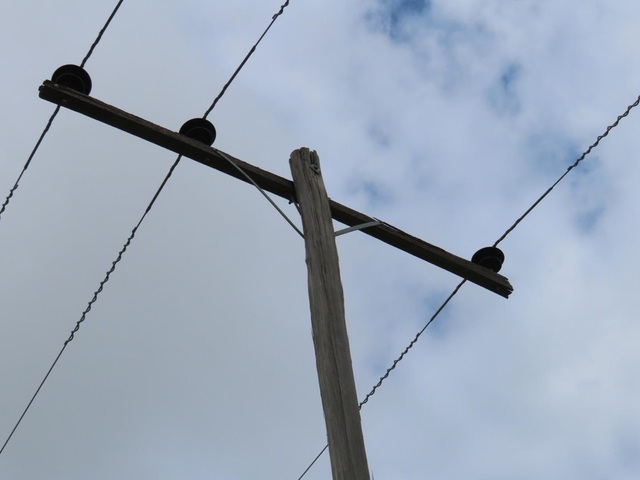You might not think about what happens to your plastic jar of peanut butter after you’ve finished scraping every last bit out from the bottom and thrown it in the trash, but it’s the platypuses that call the Werribee River home that feel the impacts.
During a platypus survey conducted by the Australian Platypus Conservancy with assistance from Riverkeeper John Forrester, scientists discovered four female platypus near the Werribee township.
One of the platypus had a thin ring caught over its shoulder, and while it was removed so the developing lesion wouldn’t worsen, it’s prompted Mr Forrester to issue a desperate warning.
“Platypus use their bills to search for insects in and among rocks, so if they come across a rock with a ring, they are likely to put their beak straight through the ring and that will travel up the top of their head and they’ll scratch and inadvertently cause it go down onto their shoulders and legs as well, and it becomes very difficult for them to get off,“ he said.
“If people have plastic rings off Vegemite or peanut butters, cut them before they put them in the rubbish bin so that they’re no longer a ring, they’re just a loose piece of plastic.“
Mr Forrester also recommends people cut their hair ties and other similar shaped items.
The litter might not kill the animals, but they can make the already threatened platypus sick and subsequently vulnerable to predators like cats and dogs.
Mr Forrester said the survey allows scientists to examine the status of the platypus.
“The scientists want to know what the animals have been eating, how healthy they are, and they rate them,“ he said
Using microchips, the scientists are then able to compare the results over the next few years.
The Werribee River Association attempts to minimise the impacts of litter on the animals in the Werribee River by conducting cleaning blitzes.







